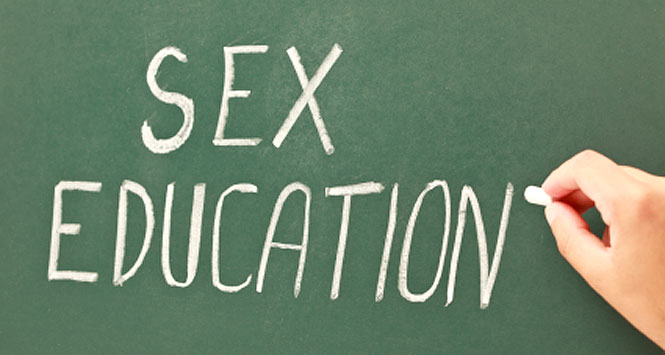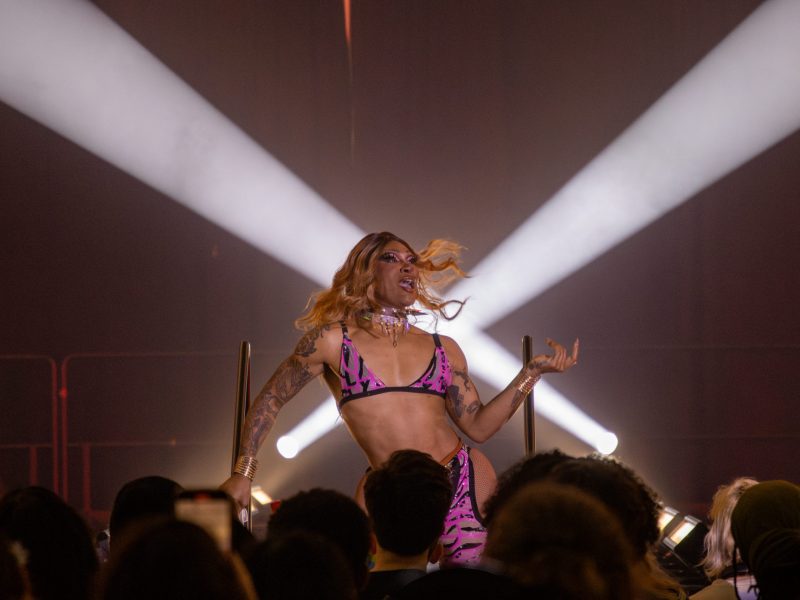Sexual education — or sex ed — is a topic of discussion that excites, frightens and angers people around the world. We live in a society where knowledge is equated to power, yet it seems that lessons on human sexuality are inconsistent with this expression.
The importance of sexual education often gets overshadowed by taboos, as the quality of a region’s sexual education correlates with the sexual norms of the culture it has. But even in America, a Western country with diversity in its religious and ethnic groups, exist problems in creating compulsory, consistent and comprehensive sex-ed curricula.
Senior math and computer science double major Nathan Feldman said he wishes the sexual education he received focused less on scare tactics and the logistics of sex, and more on healthy sexual relationships.
“I wish human sexuality [in high school] could have been talked about in an open light, without any form of stigma,” Feldman said. “Kids rely on porn to understand sex nowadays and there are types out there where there’s no way the women involved could feel safe.”
Only 24 states and the District of Columbia require public schools teach sex education. Worse than this is the fact that only 20 states require that, if provided, sex and/or HIV education must be “medically, factually or technically accurate.” Without a required adherence to the facts, young people are left with a range of ideas of what human sexuality is and what proper sexual conduct looks like.
Maryland is a state that requires both contraceptive and sexual education in school, and while this may seem suitable at first, the depth of the curriculum varies by school and district, leaving many students with unanswered questions.
Freshman plant science major and Baltimore resident Aviva Lucas received different types of sex ed at her public high school and Jewish day school, yet she felt that both omitted important lessons.
“My sex ed was pretty comprehensive in what not to do,” Lucas said. “But neither [schools] talked about the warning signs of an abusive relationship or when you should feel safe to be intimate with others.”
Perhaps due to the atomistic nature of sexual education in schools, some young people turn to their religious communities to guide them when trying to understand their sexuality. This contradicts the perception that religion is a bulwark between comprehensive sexual education because most Abrahamic faiths do not promote discussion of sex due to a fear of compromising one’s religious or cultural convictions.
Senior geographical sciences major Umar Ahmad is an Ahmadi Muslim. While the Quran is explicit about sexual conduct, he received little sexual advice in his mosque outside the promotion of abstinence.
“It was bittersweet,” Ahmad said. “Not having these conversations about sexual education in my mosque forced me to appreciate the guidelines that I follow and understand them from the perspective of a religious person living in the west … it could be that religion inhibited my sexual awareness, or its enriched it because I am waiting for the right time to do it, and when I finally do it, it will be better.”
If they don’t rely on their religious community, it’s easy for young people to receive an alternative form of sexual education through means like online porn or highly sexualized music videos and film. But human sexuality encompasses much more than the mechanics of sex and a lack of open dialogue on it mystifies crucial topics like sexual identity, health and intimacy.
Owen Brinker, a freshman enrolled in letters and sciences is a Unitarian Universalist. He said he surprises his peers when he tells them he prefers the sex-ed he received in a religious setting.
“It was like the health class that you get in school, but just on steroids,” Brinker said. “They characterized sex as a regular part of life. It didn’t adopt an abstinence-only approach. We were taught things like the importance of foreplay, consent and maintaining a safe environment for you and your partner.”
Providing students with holistic sexual education that discusses not just what sexuality is, but what it can mean to a person doesn’t just improve a population’s sexual health. It improves decision-making, promotes high self-esteem, breaks down stereotypes that perpetuate rape culture. Sex isn’t necessarily the taboo here — the discussion of sex is.



